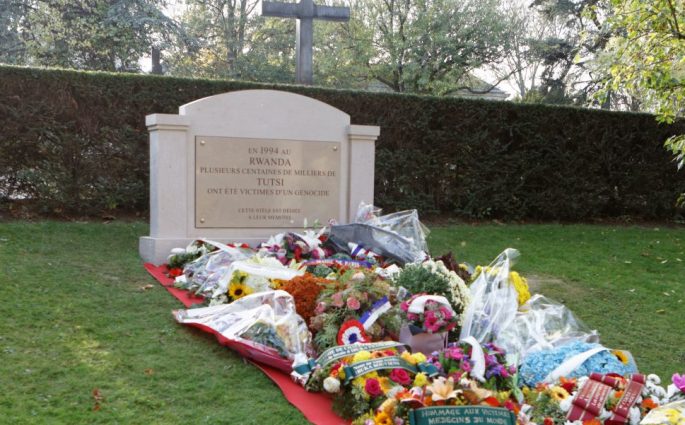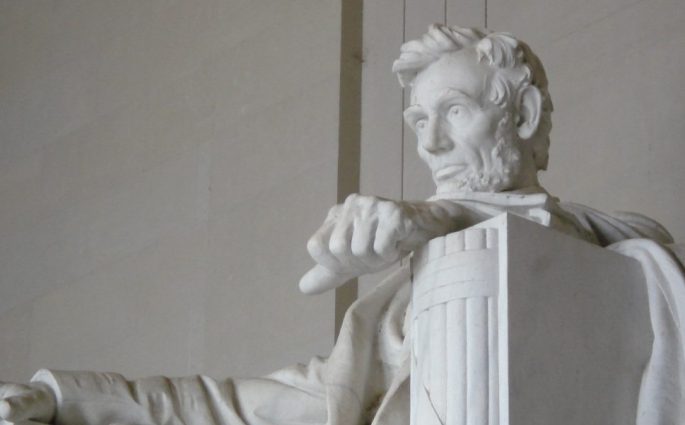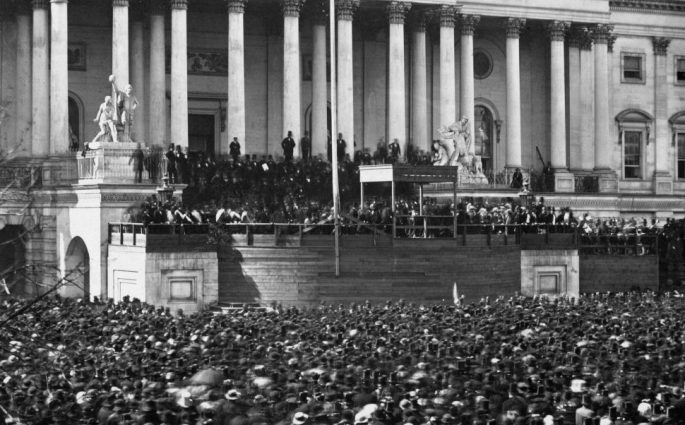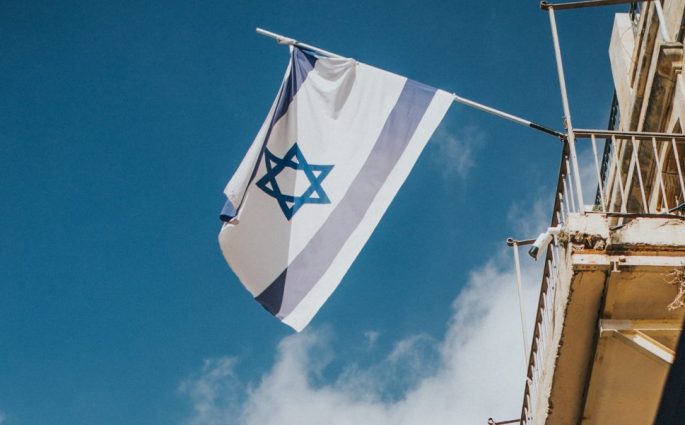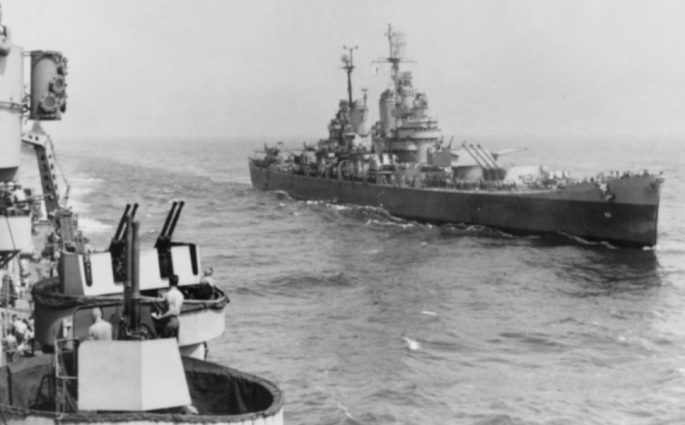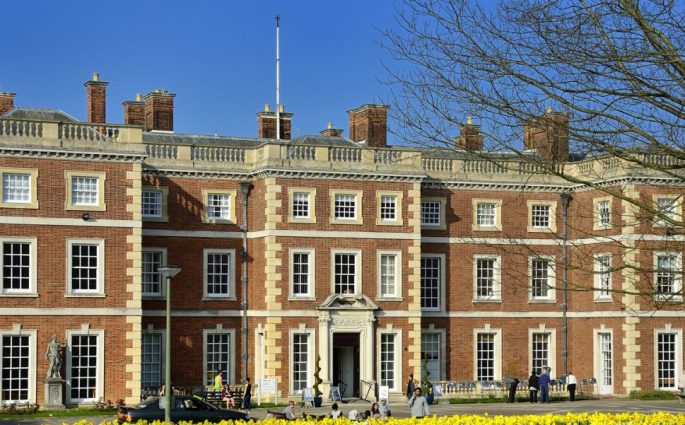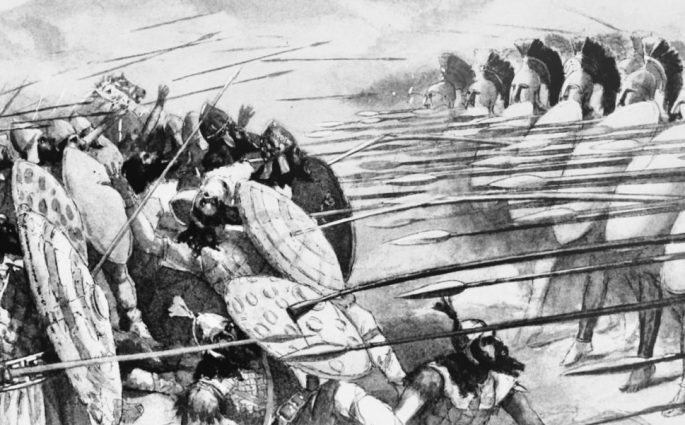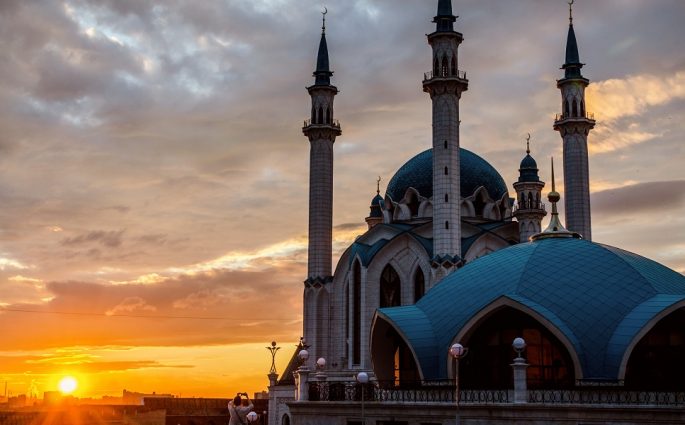How Ethnic Conflict Happens
Pascal Boyer— Nations are often based on ethnicity, but ethnicity itself is a mystery, or it should be. Ethnicity is the notion that a certain group of people share common interests and should unite toward the realization of common goals, by virtue of shared traditions, often language, and in most

